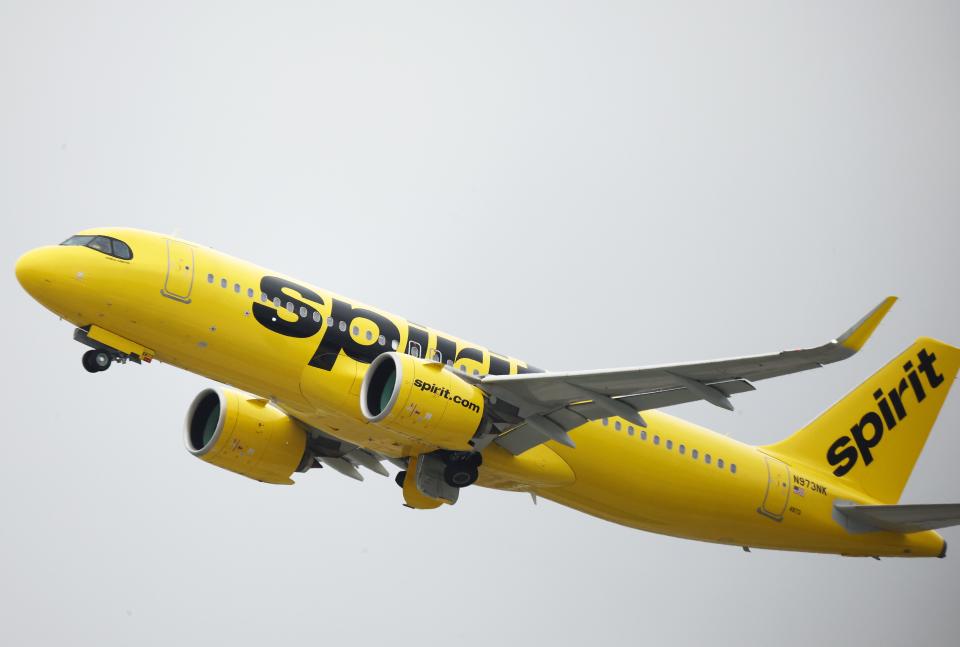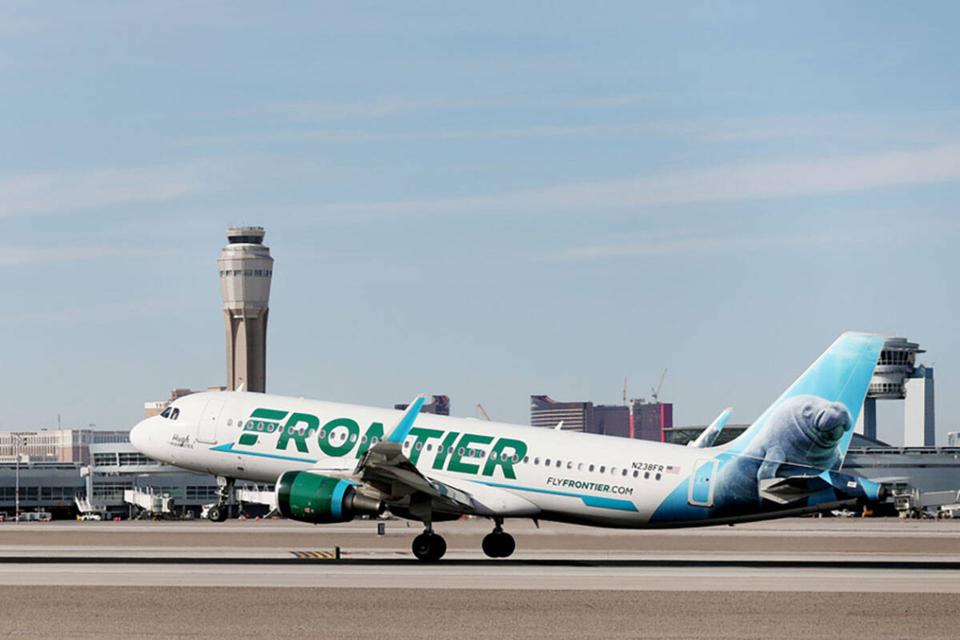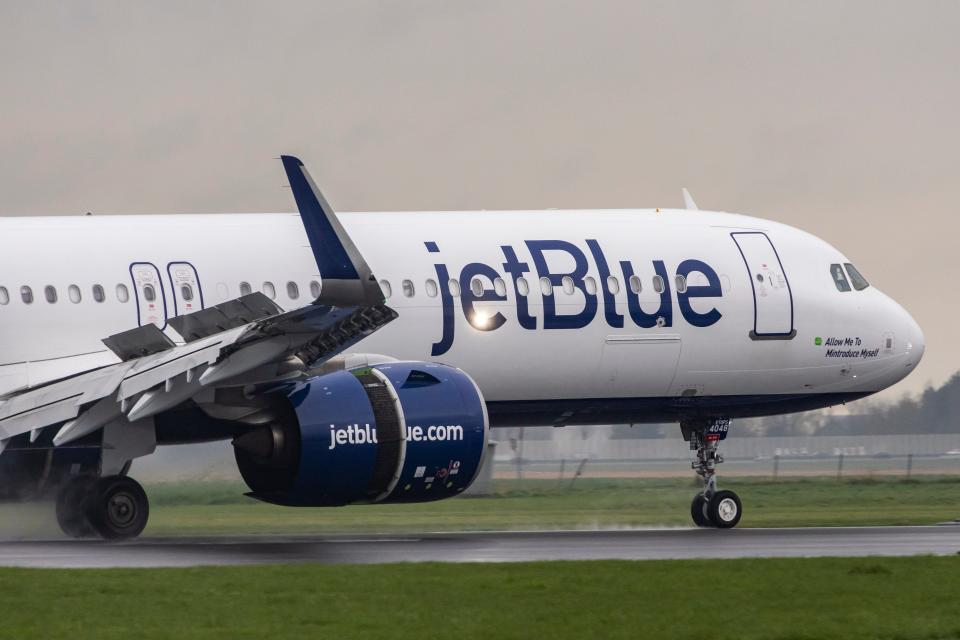-
Low-cost airlines like Spirit, Southwest, Frontier, and JetBlue are struggling to make money.
-
An excess of cheap economy seats coupled with higher costs have hurt their profitability.
-
Low-cost carriers are scrambling to change strategy and create new products to find profits.
All of America’s major low-cost airlines have reported their second-quarter 2024 earnings, and the numbers don’t look good.
The budget carriers, like Spirit and Southwest Airlines, have struggled to generate profits despite strong demand for summer air travel.
“Summer demand remains robust and load factors have been strong; however, significant industry capacity increases together with ancillary pricing changes in the competitive environment have made it difficult to increase yields, resulting in disappointing revenue results for the second quarter of 2024,” Spirit’s CEO, Ted Christie, said in the company’s earnings release.
From April through June, Spirit Airlines lost $193 million.
Frontier made $31 million, and JetBlue made $25 million during the same quarter. However, the two airlines saw their profits crater by 55% and 82%, respectively, versus the same period last year.
Southwest had the best second quarter of the group, reporting a profit of $367 million, but even that is a 46% decline compared to Q2 2023.
These airlines are doing everything they can to right the ship, including ticketing changes, capacity and route cuts, new premium options, and more. They could lead to higher ticket prices and new fees for things passengers previously expected for free.

Spirit is completely revamping how it sells tickets
The Florida-based carrier recently announced plans to bundle together previously à-la-carte items like free snacks and checked bags into categories that would make the budget airline look more like its competitors.
Among the new premium perks announced are priority check-in and boarding for premium passengers, Spirit credit card holders, and Gold-level frequent fliers.
Spirit’s new ticket bundles go on sale August 16 for flights starting August 27.

Southwest is scrapping its famous seating policy
In July, Southwest announced plans to ditch its open cabin seating policy and sell premium seating assignments.
The lack of preassigned seats is a hallmark of the Southwest Airlines experience, angering many loyalists online. (The airline says its research shows flyers prefer assigned seats.)
Unlike other carriers, Southwest has not assigned seats for the entirety of its 53-year history. Instead, each passenger is provided a boarding group number. Once on board the aircraft, they are allowed to sit in any open seat.
Southwest’s new seating policy, which is expected to go into effect in early 2025, will help generate additional revenue.
Raymond James airline analysts estimate that assigned seating could generate up to $2 billion in near-term revenue for Southwest.
Frontier is focusing its flying on specific days.
Frontier Airlines plans to cut the number of flights it operates on Tuesdays and Wednesdays, citing a lack of demand. Instead, the airline will focus on high-demand travel days like Mondays and Fridays.
“While consumer travel demand has remained resilient on peak days of the week, post-pandemic travel patterns have compelled us to concentrate our flying on peak days,” Frontier Airlines CEO Barry Biffle said in a press release.

Jetblue is saving cash by delaying delivery of new planes
Jetblue announced in July that it would delay the delivery of more than 40 Airbus A321neo jets that were expected to join the airline’s fleet over the next few years.
“We are setting ourselves on a path to restore our balance sheet health, and in support of securing our financial future, we are announcing an incremental aircraft deferral of approximately $3 billion of planned capital expenditures,” CFO Ursula Hurley said in a press release.
Instead, delivery of the aircraft has been pushed into the next decade, with no planes expected to arrive until 2030 or later.
Low-cost carriers flooded the market with too many cheap tickets
Airlines across the industry have had to deal with escalating costs and thinning margins over the past year.
However, unlike mainline carriers, low-cost airlines do not have the benefit of high-margin business and first-class cabins to lean on for extra cash.
As a result, they’ve resorted to flooding the market with cheap seats to generate revenue and fill planes.
It’s a strategy that rival airlines, like United and Delta, have called unsustainable.
Read the original article on Business Insider
EMEA Tribune is not involved in this news article, it is taken from our partners and or from the News Agencies. Copyright and Credit go to the News Agencies, email news@emeatribune.com Follow our WhatsApp verified Channel





